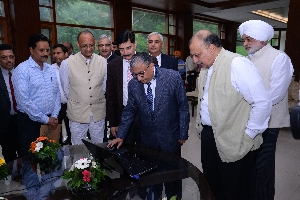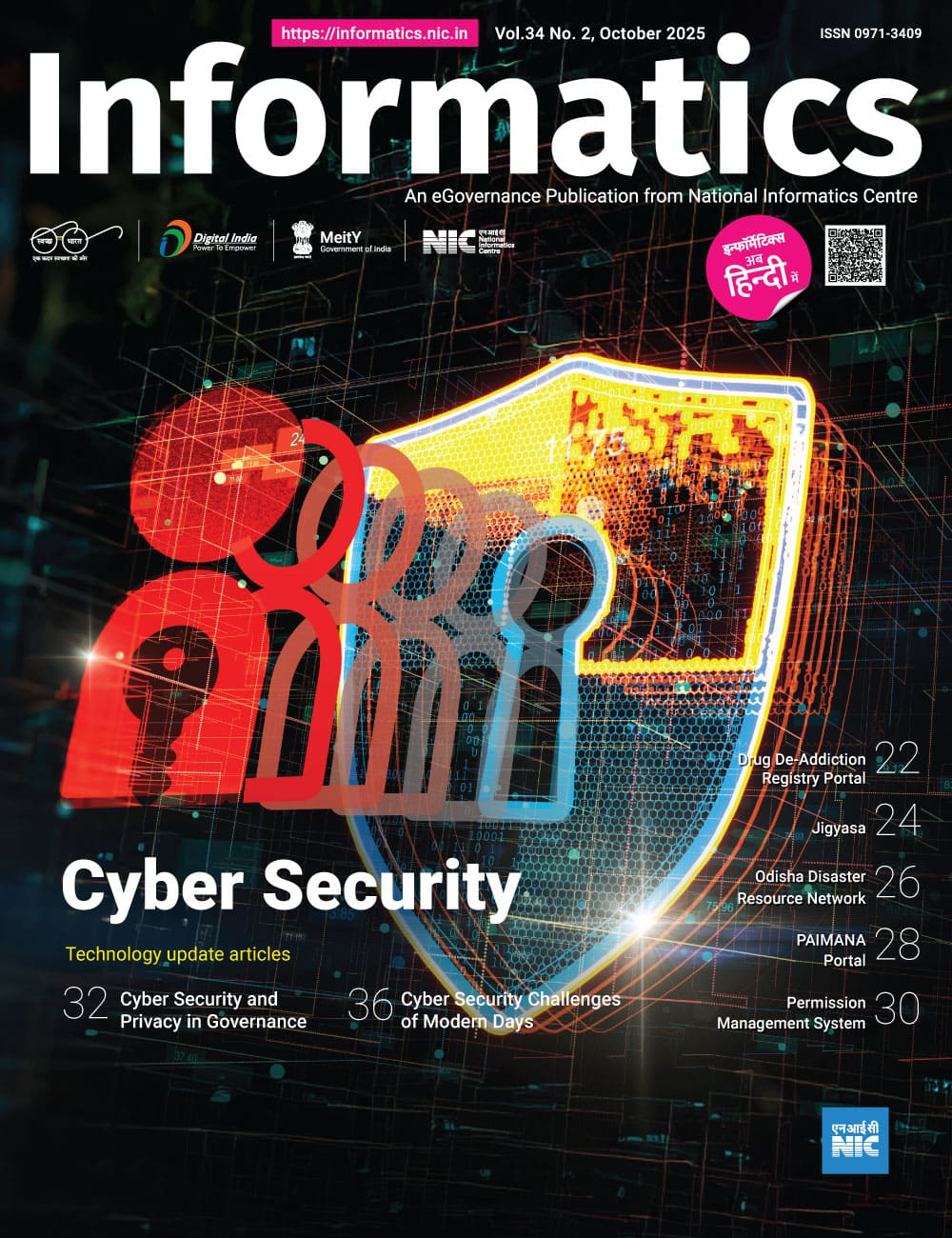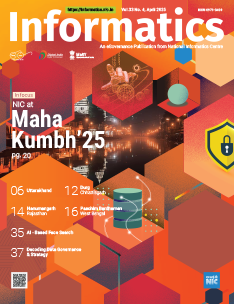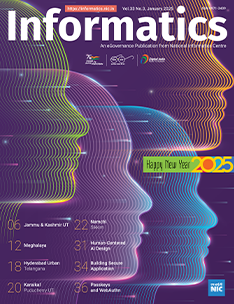'Virtual Court' launched at Faridabad to deal with traffic challan cases in Haryana

Eliminating the need for litigants to be present at court and facilitating adjudication of cases online, Honorable Shri Justice Krishna Murari, the Chief Justice of Punjab & Haryana High Court, launched a Virtual Court at Faridabad, Haryana on 17th August 2019 through video conferencing. Honorable Shri Justice Dr. Ravi Ranjan, Chairperson of the Computer Committee, and Honorable Shri Justice Surinder Gupta and Honorable Shri Justice B.S. Walia, Members of the Committee, along with other Honorable Judges from the High Court, attended the launch. The Judicial Officers and NIC Officers posted at the High Court were also present.
Speaking on the occasion, Honorable Shri Justice Krishna Murari interacted with the District and Sessions Judge of Faridabad and spoke about the successful implementation of the project.
The program has been launched under the guidance of the Supreme Court's e-Committee, while the software for the same has been developed by NIC. Under this project, cases received in the Virtual Court, along with automatic computation of fines on screen, can be viewed by the Judge.
All set to deal with cases related to traffic challans for the entire state of Haryana, the Virtual Court aims at reducing burden on regular courts as the entire process of disposal will happen online within a few hours. Footfalls in courts will reduce as the accused need not visit there to plead guilty.
Once the summons is generated and accused gets information through email or SMS, they can visit the Virtual Court website and search the case by entering CNR Number of the case, name of the accused, or even driving license number. Once the accused pleads guilty online, the fine amount will be displayed and accused may proceed to pay the fine. On successful payment and realization of fine amount, the case may be automatically disposed of. When the accused does not plead guilty, such cases are remanded to regular courts with the respective territorial jurisdiction.




 Subscribe
Subscribe
 Flipbook
Flipbook PDF (5.0 MB)
PDF (5.0 MB)


